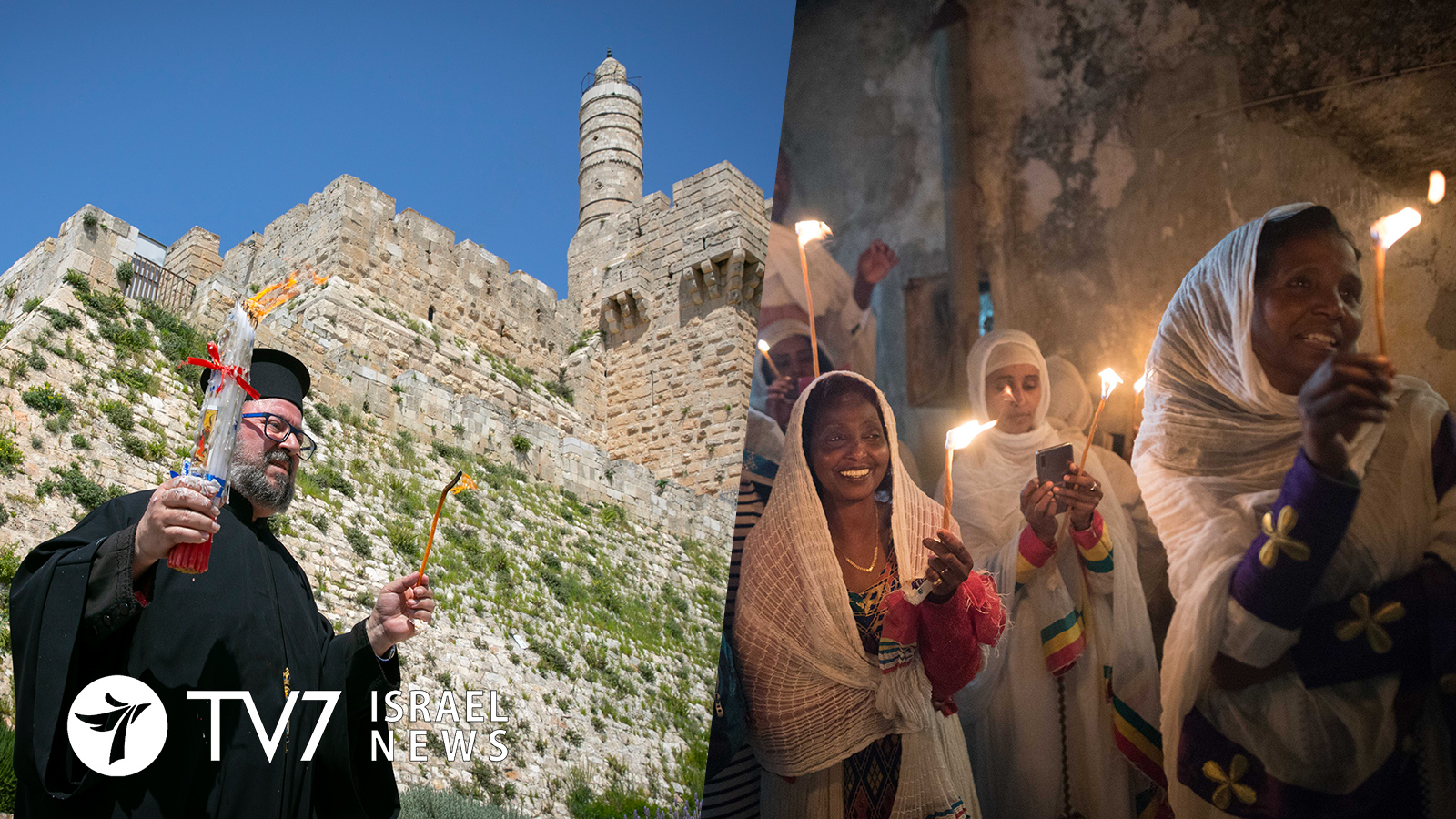Israel is traditionally a popular destination this time of year, with tens of thousands of visitors coming to the Holy Land to celebrate the overlapping holidays of Easter and Passover. For the Christian faithful, the Biblical journey and legacy of Jesus can be witnessed at many ancient holy sites throughout Jerusalem, Bethlehem, Nazareth, the Galilee and other locations.
Even though Israel deeply values its commitment to ensuring the freedom to practice all faiths, ongoing restrictions aimed at containing COVID-19 have curbed international travel and curtailed large gatherings at churches, synagogues and mosques.
Just like ancient plagues, the current pandemic crossed all boundaries – leaving the houses of worship under varying degrees of lockdown and bereft of foreign pilgrims for much of the past year.
Israel launched its world-leading rapid “Back to Life” vaccination program on 19 December, giving rise to anticipation of a freer 2021. Early hopes that this year’s Easter celebrations would be completely free of limitation have also proven to be overly-optimistic.
Easter Holy Week began with the re-opening of the Christianity’s most sacred sites, the Church of the Holy Sepulchre, on Palm Sunday. The huge medieval wooden doors were once again opened to faithful followers of Catholicism and Eastern Orthodox denominations, who venerate the church as the site of Jesus’ crucifixion and resurrection.
As he emerged from the church flanked by clerics and worshippers carrying palm fronds, the Latin Patriarch of Jerusalem Pierbattista Pizzaballa appeared more upbeat although still masked. On the spot in the southern courtyard – where he had stood despondently last year amid a national COVID-19 lockdown – before heading to the Mount of Olives for the traditional, albeit reduced, Palm Sunday procession, he told Reuters that “We feel more hopeful that things will become better.”
“Last year was a terrible Easter, without people, closed doors. This year is much better, the door is open, we don’t have a lot of people, but we feel more hopeful that things will become better,” said the Latin Patriarch, adding that “The message of Easter is life and love, despite all the signs of death, corona, pandemic, whatever, we believe in the power of love and life.”
Many services will be conducted in a virtual format.
David Parsons, Vice President and Senior Spokesman of the International Christian Embassy Jerusalem (ICEJ), told TV7 that his organization planned 5 five half-hour online programs to commemorate the most important events of Passion Week.
All of the ICEJ programs are broadcast live on the organization’s YouTube channel filmed from meaningful sites of Jesus’ early life and miracles, including Jerusalem’s Mount of Olives, Garden of Gethsemane and Tower of David in the Old City. The last two episodes will be broadcast today and on Resurrection Sunday from the Garden Tomb, which is considered by Protestants to be the site of the burial and resurrection of Jesus.
In lieu of holding a Sunrise Service at the Garden Tomb, which has yet to officially re-open, there will be an impromptu gathering of Christian worshippers at the Haas Promenade in Jerusalem at 6:30 AM on Resurrection Sunday.
“Even though there are many Christian traditions we can’t hold at Easter this year, the meaning of these events is more relevant than ever as we all face the global pandemic,” said Mr. Parsons.
